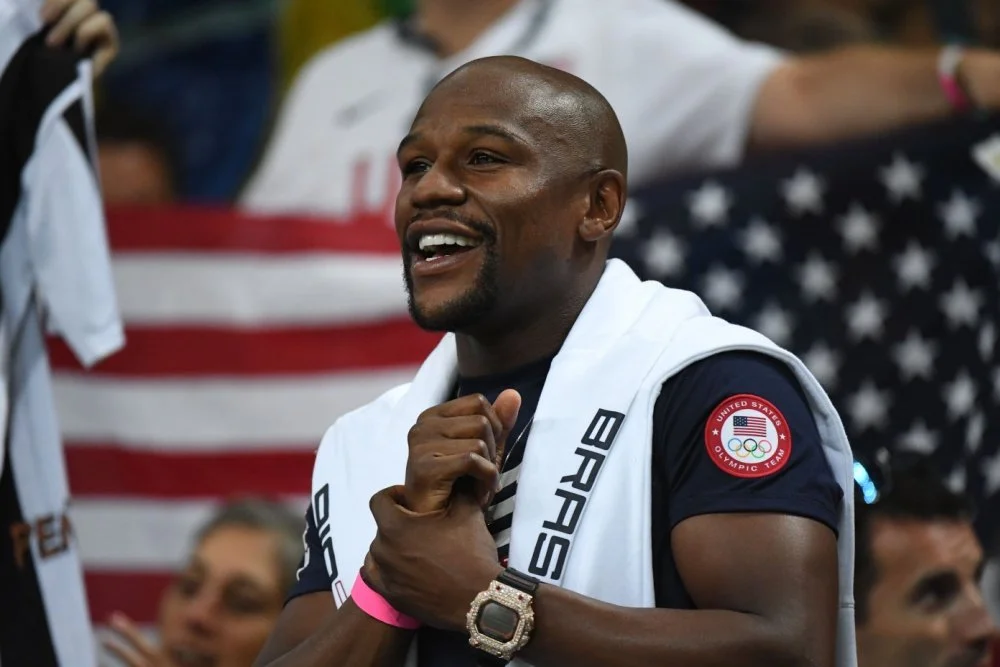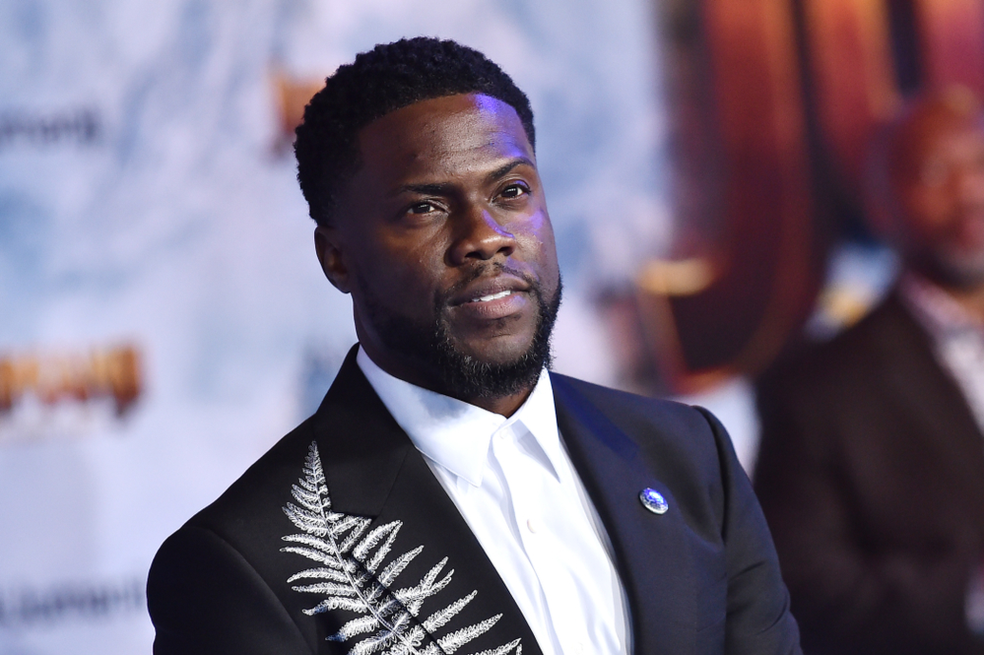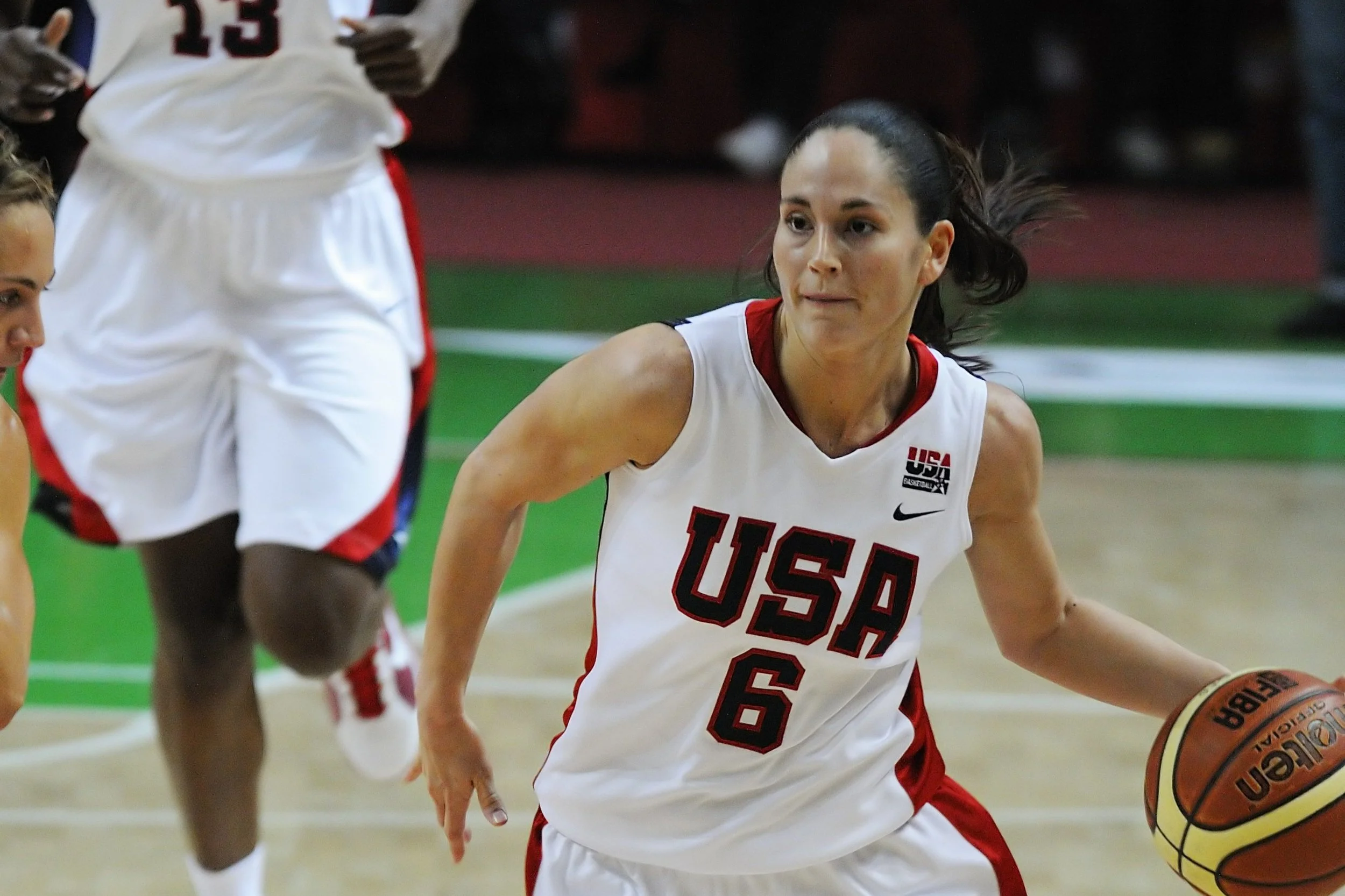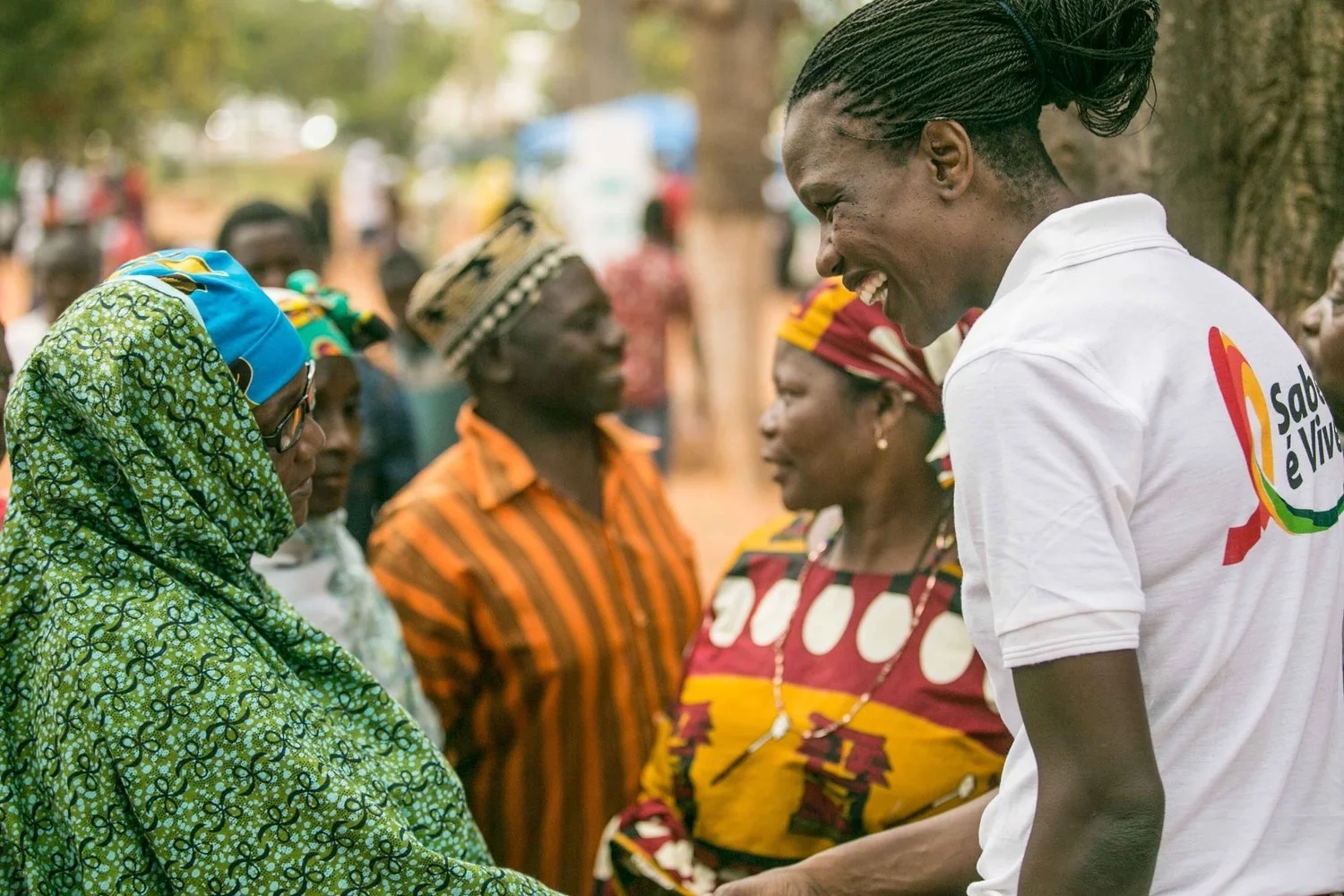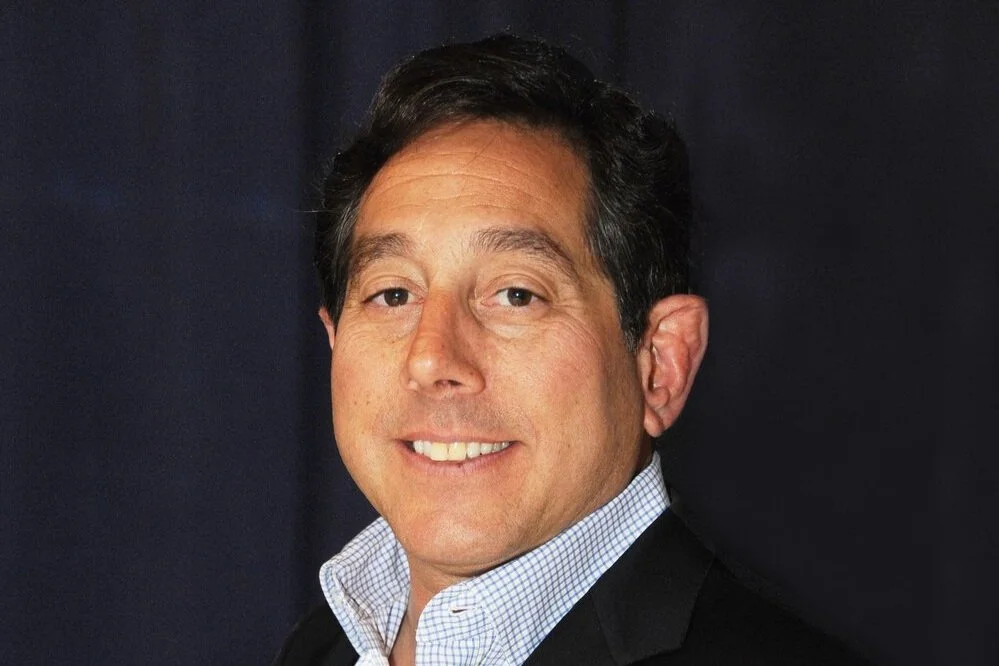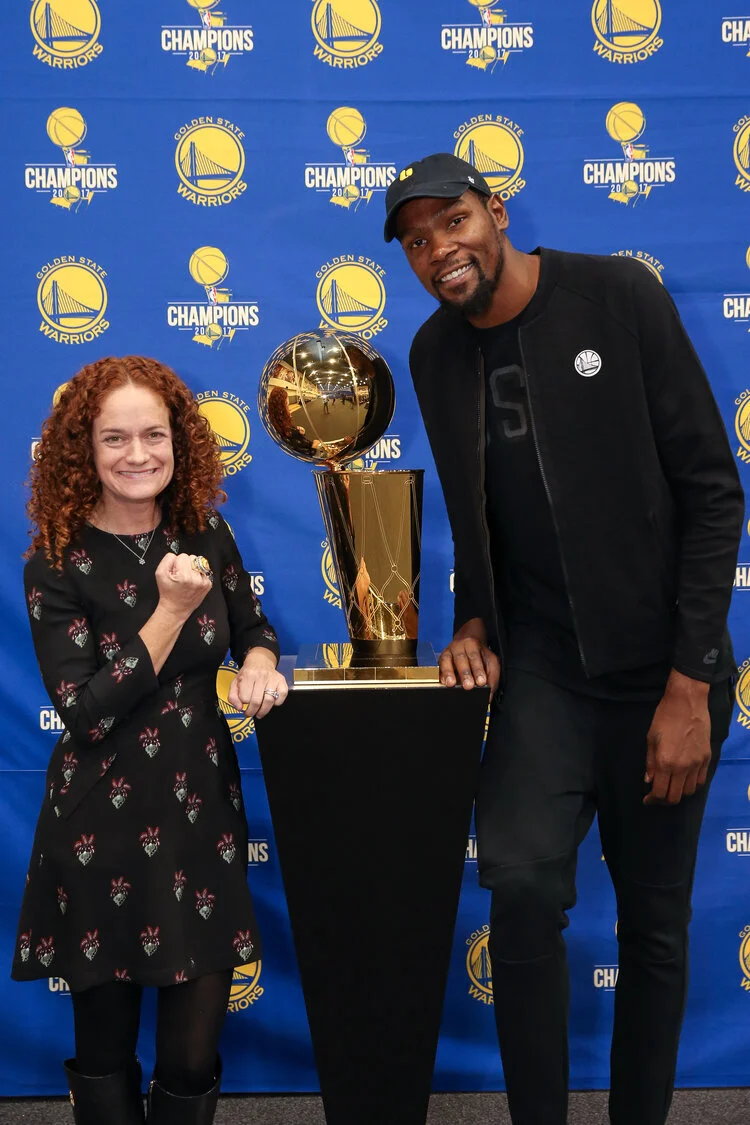The Servant: Keep a Close Eye on NBA Superstar Kevin Durant's Philanthropy
/photo: Leonard Zhukovsky/shutterstock
The last few years have seen a growing number of former and current NBA players ramping up their giving to various social, educational and athletic causes.
We've followed this development closely for good reasons. Top athletes these days can amass serious fortunes, and at least four current or former basketball players are now said to be worth over $300 million, while at least 2o have a net worth estimated at $100 million or more. Michael Jordan is a billionaire.
All of the wealthiest NBA stars are African American, and many have strong ties to the communities of color where they were raised, along with social causes they care about. They also often remain close to the universities they attended as young star athletes. Together, wealthy players from basketball and other sports are a rising and potent force in philanthropy, although we're still at the early stage of such giving.
Michael Jordan, who's been retired for years, is furthest along in his philanthropy. He has cut big checks to the Institute for Community-Police Relations, the NAACP Legal Defense Fund, and the Smithsonian National Museum of African American History and Culture.
But other players have been stepping things up. Lebron James' family foundation recently partnered with the University of Akron to provide four-year scholarships to the Ohio school for students in his “I Promise” program.
And Draymond Green of the Golden State Warriors gave $3.1 million to Michigan State University Athletics to endow the men’s basketball program and help pay for a strength and conditioning center.
Then there's Green's teammate and reigning NBA Finals MVP Kevin Durant.
In January, Durant donated $3 million to his alma mater, the University of Texas at Austin, $2.5 million of which has been earmarked for the men's basketball program, prompting university officials to rename the team's playing space to "The Kevin Durant Basketball Facility For Men."
The remaining $500,000 will benefit the university's Center for Sports Leadership and Innovation, which aims to "cultivate the character development, leadership skills and long-term welfare of athletes and coaches."
"My time as a Longhorn helped build the foundation for who I am today as a player and a person," Durant said in a prepared statement. "It's an honor to have such a close and unique relationship with Texas basketball, and I'm grateful to be able to contribute."
Now, I suppose it would make good copy to paint Durant as yet another professional athlete embracing the tangible, brand-enhancing benefits of philanthropy. That would be inaccurate, as Durant has been a steadfast philanthropist ever since emerging on the sports scene over a decade ago.
What's more, Durant's recent forays in the venture capital world suggest he has very big plans for the future.
Giving in Oklahoma and Beyond
Raised in Prince George's County, Maryland, Durant enjoyed tremendous success during his eight-season stint (2008-2016) with the Oklahoma City Thunder, cultivating deep philanthropic relationships across the region through his Kevin Durant Charity Foundation (KDCF).
In 2013, he made a $1 million donation toward recovery efforts after tornadoes battered the state. Grants flowed to regional organizations like the Tulsa Dream Center, the Boys and Girls Club of Wilson, and Positive Tomorrows, which provides elementary school education for homeless children.
Durant's giving also extends beyond the confines of Oklahoma.
In 2014, Durant and the KDCF, in partnership with KIND Healthy Snacks, created the "A STRONG & KIND Summer with KD" program to help at-risk youth understand how "strength and kindness can coexist in their lives." Speaking to the website Life of Dad about the impetus behind the program, Durant said:
A lot of these kids have been put in bad situations, and so it's easy for them to get caught up in the negativity and be pulled onto the wrong path. We want to teach them that despite what they might see in their lives, being strong doesn’t mean being hard or being a bully. It means respecting others and standing up for people who can’t stand up for themselves.
A year later, Durant and the KDCF created the Build it and They Will Ball Courts Renovation Initiative to increase the number of high-quality basketball courts accessible to underprivileged youth across the United States and internationally—last year saw him breaking ground on a court in India.
"I Just Like to Serve Everybody"
It's a pretty impressive portfolio, and the following anecdote sheds some light on what animates Durant's philanthropy.
During his time with the Thunder, the 240-pound, 6' 9" Durant was known as the "Slim Reaper." He didn't like the nickname, telling Grantland's Bill Simmons he'd much prefer "The Servant." Why? Simple. Because "I just like to serve everybody. My teammates, ushers at the game, fans."
Then, in 2016, Durant left his beloved Oklahoma City to join forces with the Thunder's arch enemy, the Golden State Warriors. Durant's departure drew sharp criticism across the sports world. Instead of remaining loyal to Oklahoma City, the detractors argued, he took the easy way out, joining the team that ousted his Thunder from the playoffs.
The criticism was so intense that Durant told San Francisco magazine he initially regretted signing with the Warriors. Last year, he told ESPN that his decision "still hurts'' many Thunder fans because "they looked at me as their son.''
Why does any of this matter in the philanthropic sense? Two reasons come to mind.
First, a cynic could argue that Durant's recent give to UT-Austin was yet another example of a donor looking to burnish their reputation in the wake of bad publicity. Yet his sterling track record of giving eviscerates this argument.
Second, like many philanthropists, Durant's philanthropic "brand" is inextricably linked to a specific city. Yet even though he left Oklahoma City for the West Coast, Durant hasn't forgotten his roots.
In 2016, Durant, then a newly-minted Golden State Warrior, made his third straight annual visit to Positive Tomorrows to deliver a donation. "They needed some help and, simple, I just wanted to help them," Durant said during a visit. "I’ve been here and seen the impact it’s had on these kids and I just wanted to help even more."
The Warriors won the NBA championship last year and is favored to repeat this spring. Durant, needless to say, is at peace with his decision and with his new life in the Bay Area.
Normally, the story would end here—except Kevin Durant isn't your typical philanthropist.
"Silicon Valley's Hottest Start-Up"
In the summer of 2016, Durant and his business partner Rich Kleiman formed the Durant Group, a VC firm that, according to a piece by Alex Williams in the New York Times titled "How Kevin Durant Became Silicon Valley's Hottest Start-Up," has "a swelling portfolio of investments in tech companies... in addition to hotels and restaurants and film and television development."
Durant has quickly become what San Francisco magazine's Jon Steinberg calls "a fixture in powerful Valley circles, breaking bread with, receiving intel from, and sometimes coinvesting beside such A-listers" as venture capitalists Ben Horowitz, Apple’s Tim Cook, and Eddy Cue.
Again, why does any of this matter in the philanthropic sense? The answer should be pretty obvious.
Durant's total earnings in 2017 stood at $62.5 million. This is in addition to his $300 million endorsement deal with Nike. Meanwhile, according to Steinberg, the Durant Group has acquired equity stakes in no fewer than 30 young companies, investing between $50,000 and $250,000 in seed rounds and between $250,000 and $2 million in later-stage rounds.
Durant knows his time on the basketball court is limited, and his forays into the VC world suggest that, to quote Steinberg, he is "laying the groundwork for a second career that could define the next 50 years of his life."
Throw in Durant's already impressive track record of giving and the likelihood that he'll manage his finances responsibly, and the philanthropic possibilities five, 10, 20 years down the road are significant.
Roughly six months ago, Durant and Kleiman had dinner with the legendary angel investor and philanthropist Ron Conway to discuss the VC world and Durant's charity.
According to Fast Company's Matthew Shaer, Conway agreed to advise Durant on other philanthropic projects, and subsequently connected him with College Track, the nonprofit co-founded by Laurene Powell Jobs. Through the college-preparatory program, Jobs will be Durant’s partner on a massive new youth center to be built later this year in D.C.
Conway walked away impressed. "I could tell he truly wanted to give back," he said.


